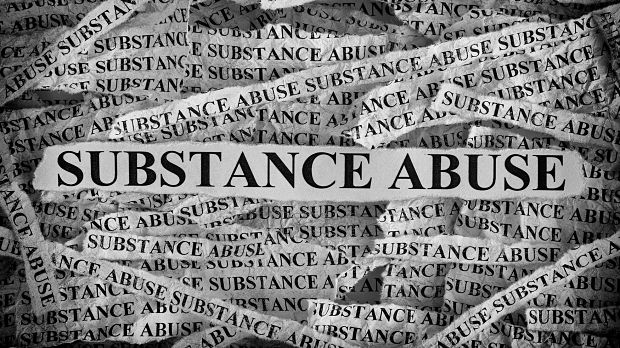Are Patients with Hidradenitis Suppurativa More Susceptible to Substance Abuse Disorders?
Hidradenitis suppurativa (HS) is a chronic, debilitating disease that causes significant distress in multiple domains for patients with the condition. HS can be unpredictable, both in when it appears and in response to treatment, and it can have a devastating effect on quality-of-life. Given that HS can impact patients’ physical, emotional, and psychological well-being, a recent study examined whether patients with HS may be more susceptible to substance use disorders (SUD).
Using a database of electronic medical records, researchers looked for patients diagnosed with both HS and a co-occurring SUD, excluding tobacco/nicotine dependence, but including those with cannabis, alcohol, or opioid abuse or dependence within the last 3 years. The study then compared the results to frequencies for SUD in the general population.
The results showed that all three types of SUD were more common in patients with HS than in the general population. Overall, there was a 4% prevalence of SUD in the HS cohort, with alcohol dependence the most common (almost 50% of cases) followed by opioids and cannabis. Compared to demographic subgroups in the general population, people with HS were 50% more likely to have a substance use disorder. This was independent of whether patients with HS also had co-occurring depression or anxiety, and was not related to socioeconomic status.
As a result, the authors speculate that pain and quality of life impact associated with the disease may be stronger influences on SUD among patients with HS than any other factor. The authors conclude that patients with HS have higher odds of SUD and therefore should be screened for pain, psychological comorbidities, and substance misuse. The authors note that these findings also underscore the need to encourage an interdisciplinary approach to treating patients with HS.
